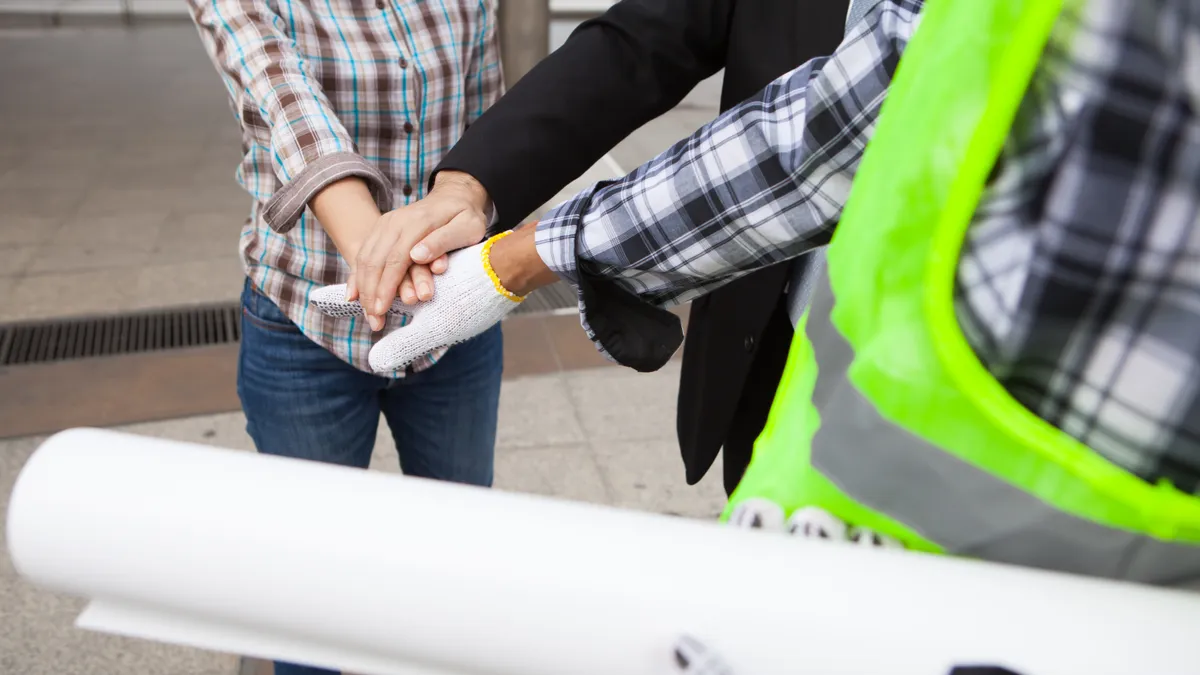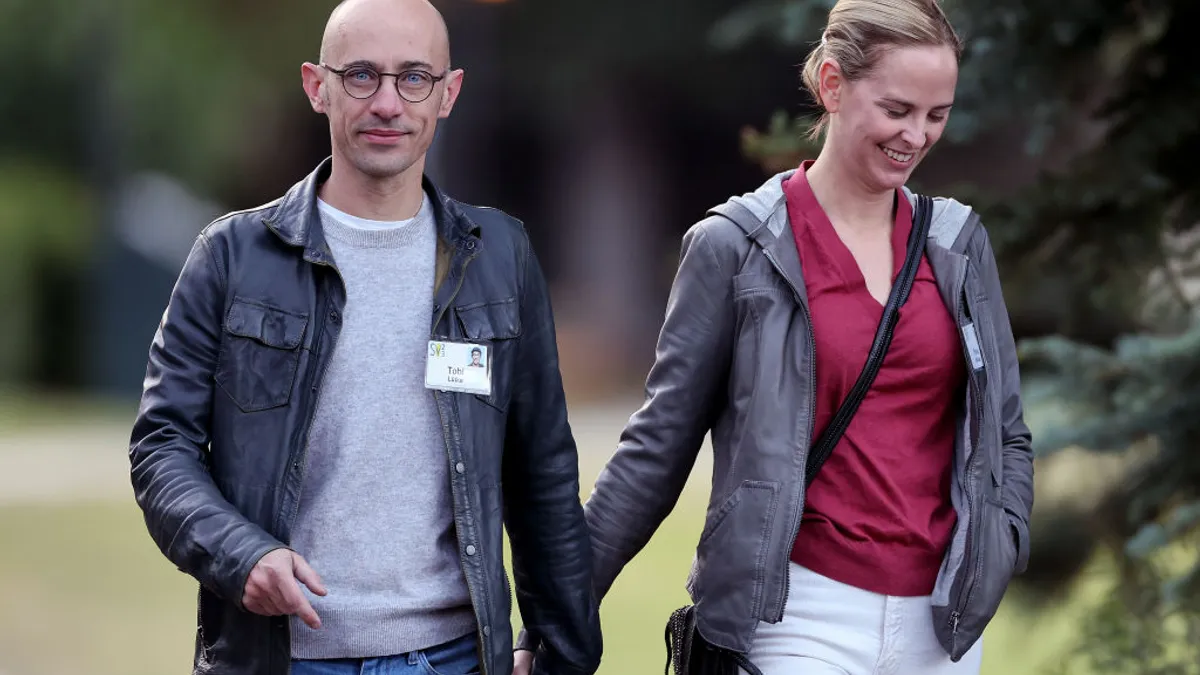Editor's note: The following is a contributed piece by Frank Connolly, director of communications and research at MindEdge Learning, an online education and eLearning provider.
The U.S. added 157,000 new jobs last month and the unemployment rate fell to 3.9%, the lowest rate since 2000. While this is a great sign for the economy, it also means the job market is the most competitive it's been in years. With so many high-achieving candidates in the queue, how can hiring managers differentiate between those who are, well, successful at being students, and those who are truly well-prepared for work? And what happens when some of the most critical job skills are not ones you're likely to see listed on a resume?
A case in point is critical thinking — a skill that the World Economic Forum anticipates will be the second most important skill to exhibit in the workplace by 2020, second only to complex problem solving. A valuable, if not essential, workplace skill, it's one that most young professionals are fairly confident they've mastered. But this confidence may well be misplaced.
According to MindEdge Learning's second annual State of Critical Thinking survey — a national survey of 1,002 young professionals, conducted this spring — fully 59% of respondents feel "very" confident in their critical thinking skills, yet more than half (52%) failed a basic nine-question skills quiz.
The results also showed that, despite confidence in their own skills, only 25% of young professionals say their peers and colleagues are very well trained in critical thinking. But there is a silver lining here: most respondents believe that people can learn to improve their skill sets. Indeed, almost nine out of 10 (87%) say that soft skills, such as creativity and critical thinking, can be learned.
So how can job seekers strengthen their skills in advance of the big interview? And how can companies help their current employees keep their skills sharp through continued learning?
Setting yourself apart: soft skills
Make no mistake: hard skills, such as computer programming and foreign languages, are highly important in today’s economy. But for young professionals on the hunt for new jobs, soft skills such as critical thinking, negotiation, and creativity, are equally critical. Half (50%) of our survey respondents say that soft skills are just as important as hard skills in the workplace, and another 31% say soft skills are more important.
Three out of five (59% of young professionals) say they are very confident of their own soft skills. But in response to a separate series of questions, respondents are much more likely to include soft skills (including negotiation and creative thinking), rather than hard skills, among their weakest attributes.
These responses suggest, once again, that young professionals' confidence in their own skills may be overstated. That being the case, it behooves young job-seekers to do everything they can to strengthen their soft skills as a way to set themselves apart in the job interview process.
Equipping employees with critical skills
Employers pursue critical thinkers because they are smart workers: people who are strong at analyzing data, arriving at conclusions, finding solutions and communicating those solutions effectively. While our survey results suggest that many new workforce entrants may not be strong critical thinkers, employers can definitely help their new hires (as well as veteran employees) improve their critical thinking skills.
The key is training. In a separate survey of 1,000 managers that we conducted last January, internal training or retraining emerged as the most effective way to provide workers with the skills they need to remain employed — chosen by a strong plurality of 37% of all managers in our survey. Employers and HR directors can help by offering online courses, or employees can take an active role in their own skill building by seeking out resources and courses themselves.
Who should take the lead when it comes to skills training? There's no consensus on this point. Slightly more than a quarter (27%) of managers believe that employees are primarily responsible for their own skills training, while just 20% believe that employers should shoulder that burden; the other 50% believe that skill-building should be a joint endeavor, with both employees and employers sharing the responsibility. Regardless of where you come down on this issue, though, it makes sense that managers and HR departments should at least take on the responsibility for identifying and sharing options for continued learning.
A word of caution: young professionals are not the only group at fault here. There is nothing in our research to suggest that these workers' skills are inferior to those of any other segment of the population. But, as millennials are officially the largest generation in the U.S. workforce, it's inevitable that they will come under close scrutiny — and they will need to do a better job of strengthening their skill sets.
With the renewed emphasis on the importance of critical thinking and other soft skills, employers should think hard about what it will take to prepare and equip their employees for an increasingly technology-centered workforce. At the same time, it is up to workers themselves to be proactive about honing their skills, if they want to stand out in today's competitive job market.
And by the way: if you're in HR and you're looking to hire, don't be shy about snapping up any candidate who displays strong critical thinking skills. There aren't as many of them out there as you may think.






















